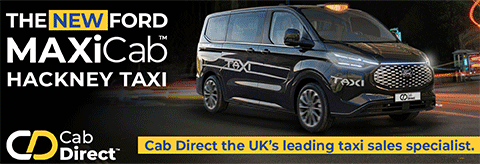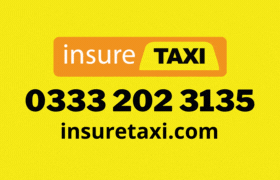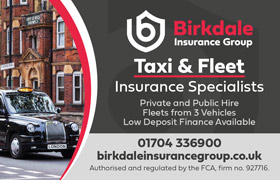TRANSPORT COMMITTEE LAUNCHES NEW INQUIRY INTO LICENSING AND STANDARDS IN THE TAXIS AND PRIVATE HIRE VEHICLES SECTORS
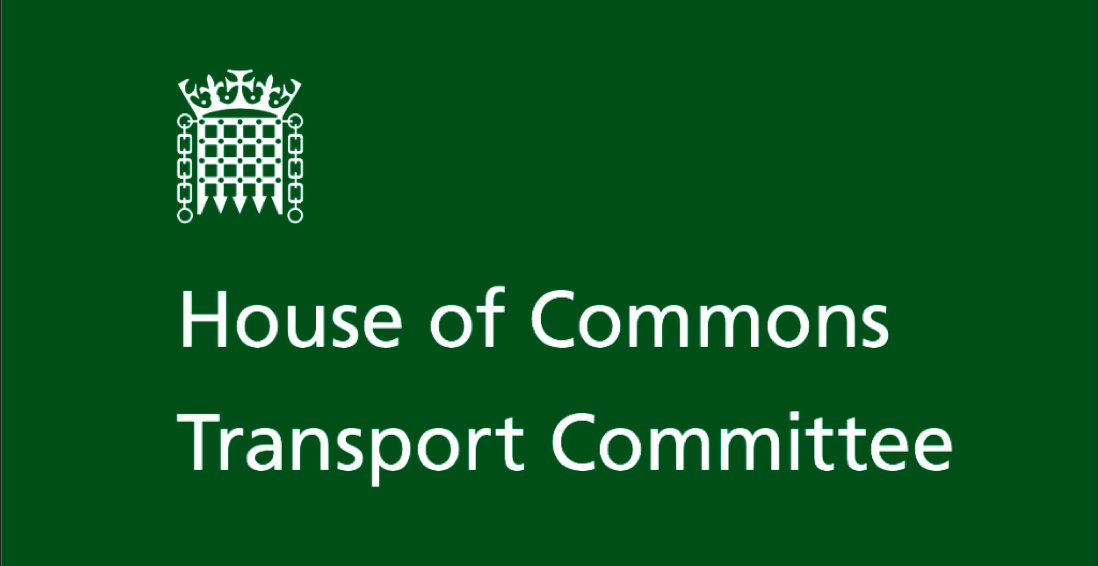
A new inquiry by the Transport Committee will investigate how standards for taxis and private hire vehicles (PHVs) could be improved, amid concern about inadequate regulation that varies from one area of the country to another.
The Transport Committee is a cross-party group of backbench (non-Government) MPs appointed by the entire House of Commons to carry out inquiries into the Department for Transport’s policies, scrutinise its decisions and hold it to account.
The full terms of reference for this inquiry are included below.
Local authorities with the power to issue licences (licensing authorities) – such as Transport for London, city councils, county councils or combined authorities – have some freedom to set their own local standards for safety, driver conduct and accessibility, within a statutory framework.
Despite licensing authorities needing to have regard to statutory standards, local variations have arisen across different authorities.
Additionally, ‘cross-border licensing’ has given rise to the case of Wolverhampton City Council, where 96% of its taxi and PHV licences have been awarded to drivers from outside of the city.
The Greater Manchester Combined Authority is among those calling for a change in the law, after a Freedom of Information Act disclosure showed that 9,000 drivers registered with Wolverhampton City Council reside in the Greater Manchester area.
The cross-party Committee will also examine how standards across the sector could be improved and made more consistent across the country with regards to accessibility, safety and safeguarding of passengers.
The inquiry will look at how best practice could be replicated, the effectiveness of enforcement and inspection regimes, and how standards vary – and could be standardised – between taxis, PHVs and ride-hailing services such as Uber and Bolt.
MPs will also look to the future at how the sector and its regulatory system might need to evolve to enable the use of self-driving vehicles.
The inquiry comes after the Committee published its report on accessible transport, which heard evidence of too few wheelchair-accessible PHVs and taxis being in circulation around the country, and even of drivers turning away blind people with assistance dogs.
Transport Committee Chair Ruth Cadbury MP said: “When it comes to the licensing and regulation of taxi and private hire vehicles, a strange patchwork of driver and vehicle standards now exists across every town and city in the country.
“This inconsistency has given rise to a situation that just isn’t good enough for drivers or for the public, who can unknowingly leave themselves vulnerable when getting into the back of a stranger’s car.
“This Committee will investigate whether a more standardised, more rational regulatory and enforcement regime could do away with the phenomenon of one city receiving applications from all over the country. We want to examine how an improved system could give greater confidence to consumers, particularly disabled people, women, children and other vulnerable people. And we need to look at how the system could make it clear who a passenger can complain to if standards aren’t met.”
CALL FOR EVIDENCE:
The Transport Committee now accepts written evidence submissions from those with knowledge of the sector.
Submissions should be made via the Committee’s website: https://committees.parliament.uk/call-for-evidence/3715 by 11.59pm on 8 September 2025.
 Do current licensing arrangements and tools enable local authorities to effectively regulate and oversee the taxi and private hire vehicle (PHV) sector across England, in terms of safety, accessibility and quality of service? If not, what improvements could be made?
Do current licensing arrangements and tools enable local authorities to effectively regulate and oversee the taxi and private hire vehicle (PHV) sector across England, in terms of safety, accessibility and quality of service? If not, what improvements could be made?
 What is the impact on the travelling public and drivers of variation between licensing authorities? Is reform needed to bring greater standardisation?
What is the impact on the travelling public and drivers of variation between licensing authorities? Is reform needed to bring greater standardisation?
 What would be the practical implications for licensing authorities and operators of more stringent or standardised licensing conditions in respect of safety, accessibility, vehicles and driver conduct?
What would be the practical implications for licensing authorities and operators of more stringent or standardised licensing conditions in respect of safety, accessibility, vehicles and driver conduct?
 What steps should the Government take to address the challenges posed by cross-border licensing in the taxi and PHV sector?
What steps should the Government take to address the challenges posed by cross-border licensing in the taxi and PHV sector?
 What would effective reform look like in terms of enforcement, passenger safety and safeguarding, and regulatory consistency? Is there a role for regional transport authorities?
What would effective reform look like in terms of enforcement, passenger safety and safeguarding, and regulatory consistency? Is there a role for regional transport authorities?
 How are digital ride-hailing platforms impacting standards in the sector, and is further regulation in this area required?
How are digital ride-hailing platforms impacting standards in the sector, and is further regulation in this area required?
 How effective, accessible, and trusted are complaints and incident reporting systems in the taxi and private hire vehicle (PHV) sector, for both passengers and drivers?
How effective, accessible, and trusted are complaints and incident reporting systems in the taxi and private hire vehicle (PHV) sector, for both passengers and drivers?
 How effective is the National Register of Licence Revocations and Refusals (NR3) in supporting consistent licensing decisions across local authorities? What barriers, if any, are limiting its use or impact?
How effective is the National Register of Licence Revocations and Refusals (NR3) in supporting consistent licensing decisions across local authorities? What barriers, if any, are limiting its use or impact?
 What are the implications for taxi and PHV licensing of the future rollout of autonomous vehicles?
What are the implications for taxi and PHV licensing of the future rollout of autonomous vehicles?
Read another story
- BURNLEY COUNCILLOR RAISES ALARM OVER CABBIE'S ENGLISH PROFICIENCY
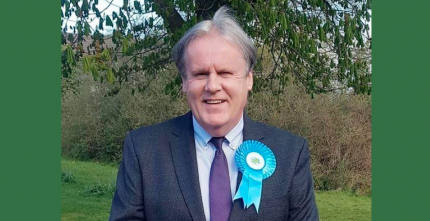
Cllr Alan Hosker, has voiced strong concerns regarding the English language proficiency of some taxi and private hire vehicle drivers in the borough, calling for new regulations.

- BANBURY TAXI DRIVER LOSES LICENCE AFTER APPEAL OVER UNPROFESSIONAL CONDUCT

Mohammed Shahzad, 46, has permanently lost his licence after a Magistrates' Court upheld Cherwell DC's decision to revoke it due to "unprofessional" conduct towards a vulnerable female passenger.

- FREENOW INVESTS IN FUTURE OF LONDON'S ICONIC BLACK CABS WITH NEW FINANCIAL SUBSIDY

Launched to coincide with the 160th anniversary of "The Knowledge of London" – the world-renowned test for black cab drivers established in 1865.

- RIP: SAD TO REPORT THE SUDDEN DEATH OF MUCH LOVED TODMORDEN PRIVATE HIRE DRIVER KHALIL REHMAN
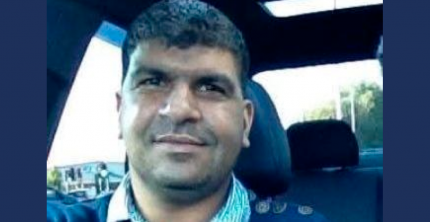
A town is in mourning for a well-known and loved Calderdale taxi driver who died suddenly on Tuesday 15 July.

- EDINBURGH CABBIE'S LICENCE MAY BE SUSPENDED AGAIN FOR SHOUTING AT ELDERLY PASSENGER
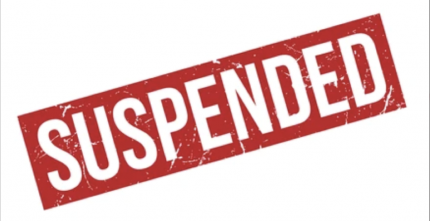
Baris Eroglu first had his taxi licence suspended in 2024 after receiving three complaints in just over three months.

- UBER TO PAY $2718 MILLION COMPENSATION IN SETTLEMENT WITH AUSTRALIAN CABBIES

The class action suit centres on Uber’s launch into Australia before it was legalised and the impact of this on taxi drivers, particularly those who had paid for expensive licences.

- TFL PROPOSES CHANGES TO THE CENTRAL LONDON CONGESTION CHARGING SCHEME
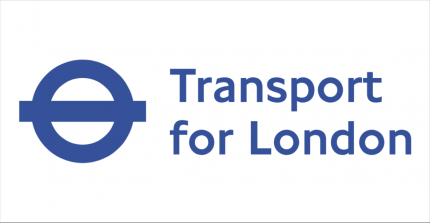
These include a change in the charge level from £15 to £18, a new discount for electric vehicles and a change to the Residents' Discount for new applicants.

- EDINBURGH TAXI DRIVERS HAND OVER PETITION CALLING FOR CAP ON PHV NUMBERS IN THE CITY
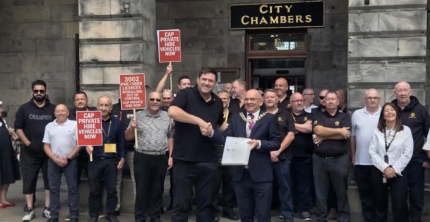
Keith Auld, 44, handed over his petition - ‘Cap number of Private Hire Vehicles in Edinburgh so everyone can make a living’ - which has garnered 1,764 signatures.

- TRADE IN NORTH NORTHANTS FEAR DELAYS TO TAXI LICENSING POLICY COULD DAMAGE WAV NUMBERS

The concerns come after plans to bring in North Northants Council’s (NNC) draft Hackney Carriage and Private Hire Licensing Policy in April this year were deferred by the previous administration.

- FUNDING AVAILABLE IN WEST SUFFOLK FOR CCTV PILOT SCHEME - PROTECTS PASSENGER & DRIVER SAFETY
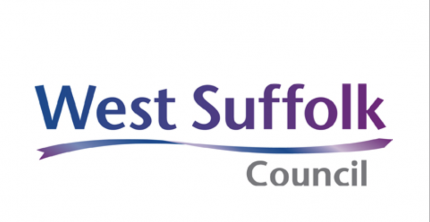
It comes just weeks after the Casey report and the allegation that taxi/PH drivers were involved, so it's crucial measures are in place, to protect drivers and the industry, from serious allegations.

- TRANSPORT SECRETARY ANNOUNCES £650M ECG SCHEME WORTH UP TO £3,750 DISCOUNT PER CAR

Drivers will benefit from discounts as soon as manufacturers successfully apply for zero emission cars to be part of the grant scheme from 16 July, with funding available until the 2028/29 financial year.

- CCTV COULD BE MADE MANDATORY IN COVENTRY TAXIS AND PHVS AFTER TASK AND FINISH INVESTIGATION

Currently CCTV it is only on a voluntary basis, mandatory CCTV was considered before but it was not supported.

- LONDON CABBIE THREATENED WITH BLACKMAIL ON CAMERA FOR USING PHONE DRIVING IN SLOW TRAFFIC
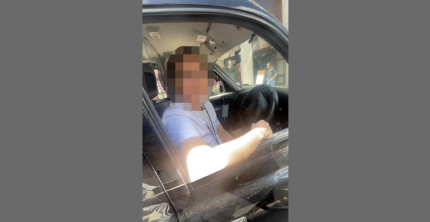
A viral TikTok shows a cyclist approaching the cabbie and reprimanding him for using his device while his Hackney Carriage was stationary on Shaftesbury Avenue in West End.

- FIVE YEARS' JAIL FOR CABBIE WHO SEXUALLY ASSAULTED TEENAGE GIRL HE PICKED UP IN BURNLEY
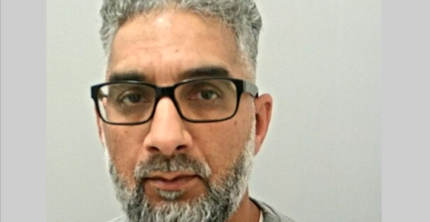
Wahid Riaz's young victim told a court in a harrowing statement she was sick at home after the attack and cried herself to sleep.

- VICTORY FOR CHORLEY CABBIES AS HIGH STREET RANK REOPENS ON TUESDAYS AFTER EIGHT YEARS
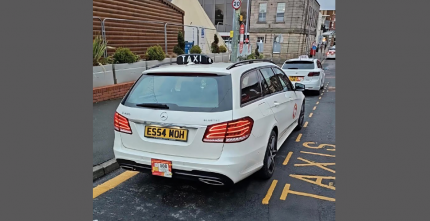
The win comes after campaigning by the Chorley Taxi Association, who pushed to reverse a 2017 decision that had handed over the bottom taxi rank to Tuesday market traders.

- REDUNDANCY TALKS UNDERWAY AT LEVC
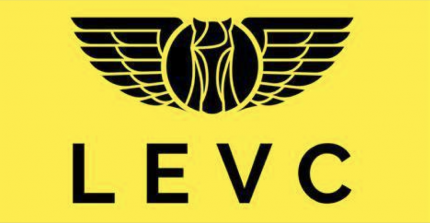
It comes after the firm announced on July 9, that the workforce at its site in Ansty, Coventry is to be reduced by around 180 people.

- GRIDSERVE AND ADDISON LEE PARTNERSHIP SUPPORTS SUSTAINABLE AIRPORT TRANSFERS AT GATWICK
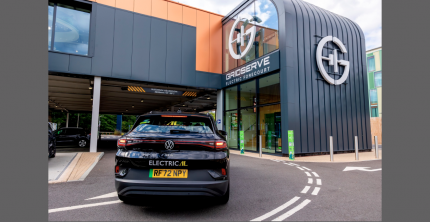
GRIDSERVE's strategic charging location at London Gatwick’s South Terminal with 22 High Power chargers enables Addison Lee to optimise fleet management and reduce charging times.

- SHOCKING: PRIVATE HIRE DRIVER AMBUSHED BY GANG OF MEN WHILST WAITING FOR FARE IN ST HELENS

The victim, a private hire taxi driver in his 40s, was sitting in his black Citroen dispatch waiting for a fare, when he was approached by a young white man on a black and grey electric bike.

- LICENSED CABBIES ARE STILL BEING BEING CAUGHT SMOKING IN THEIR CABS
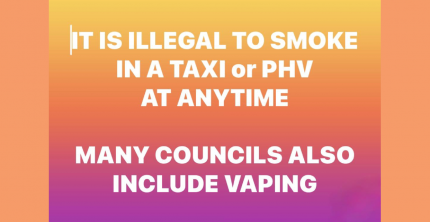
Freedom of Information requests were submitted to UK councils to find out which local authority issued the highest number of Fixed Penalty Notices (FPNs) for smoking in a licensed taxi/ PHV

- BRADFORD PRIVATE HIRE DRIVER FINED FOR PLYING FOR HIRE

On 1July at Kirklees Magistrates Court, Mr Ghazanfar pleaded guilty and received a £291 fine, £420 court costs and his driving licence was endorsed with 8 penalty points.


